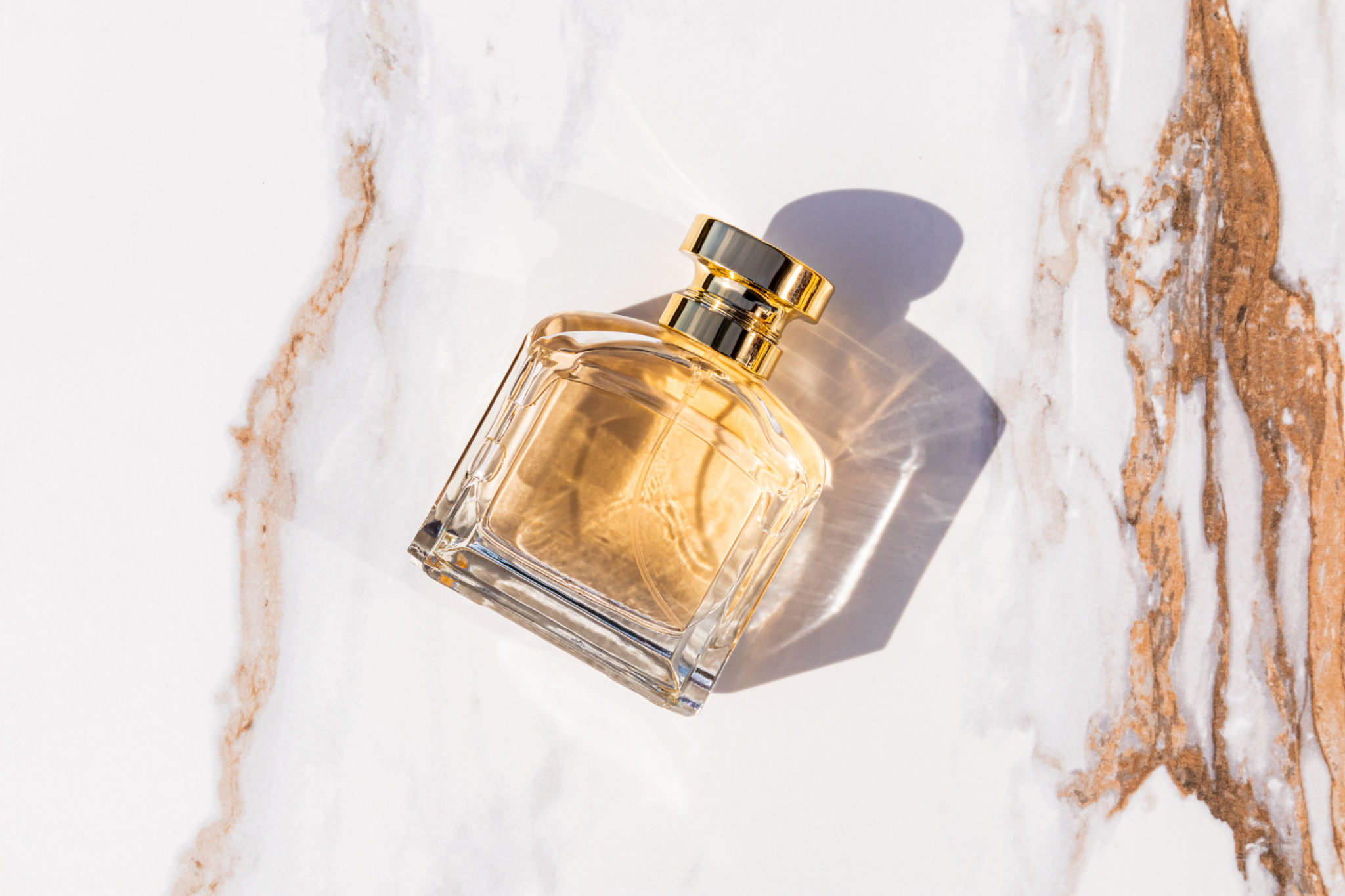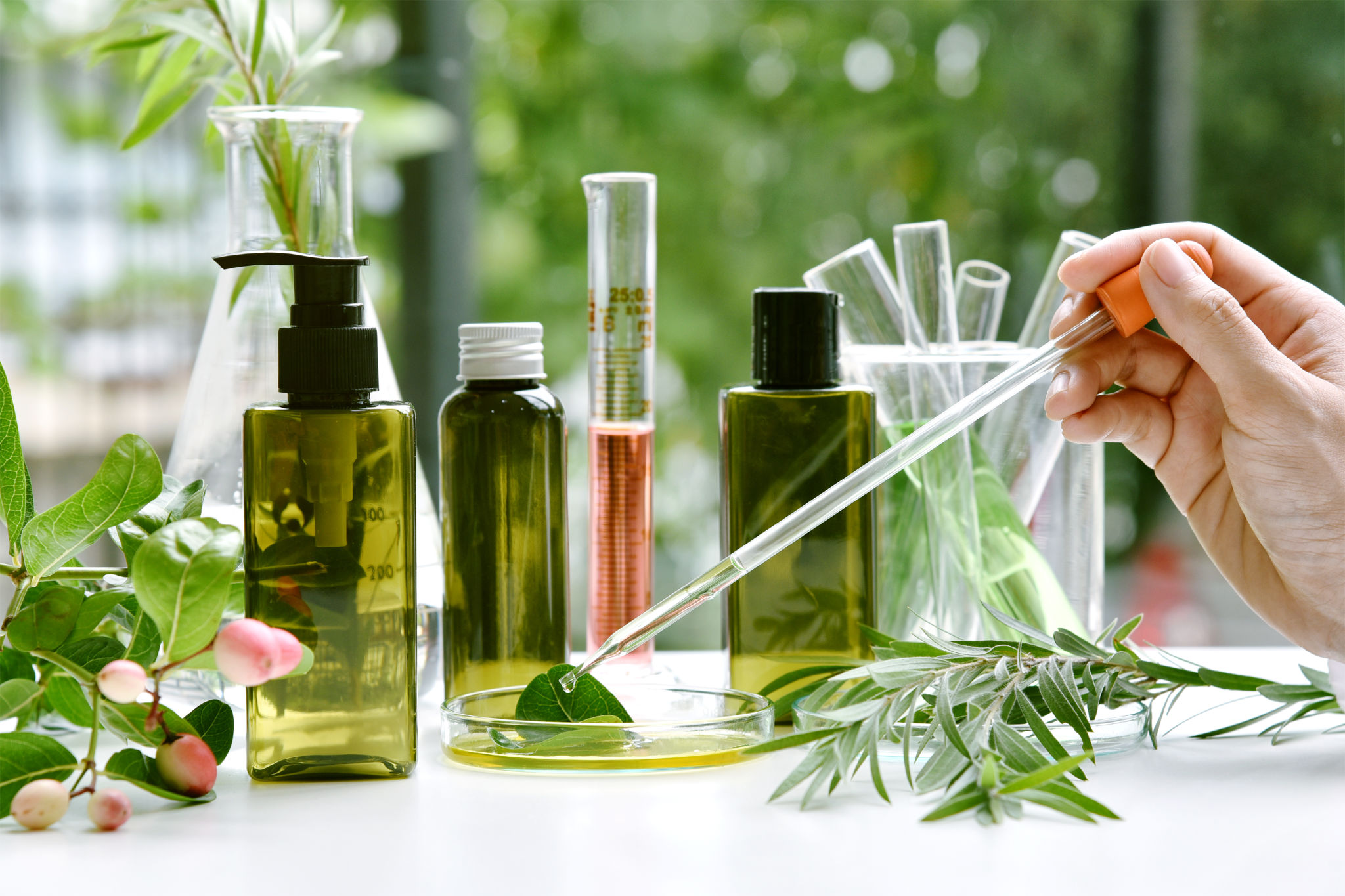Top Perfume Myths Debunked: What You Need to Know
Perfume has been a part of human culture for centuries, with many myths and misconceptions surrounding its use and creation. These myths can often impact how we choose and wear our fragrances. In this post, we'll debunk some of the most common perfume myths and set the record straight.
Myth 1: Expensive Perfumes Last Longer
It's a common belief that more expensive perfumes have greater longevity. However, the longevity of a fragrance is not solely dependent on its price. A perfume's staying power is influenced by its composition, including the concentration of essential oils and the type of ingredients used. For instance, perfumes with a higher concentration of oils, such as parfum or extrait, tend to last longer than eau de toilette.
Moreover, individual body chemistry can play a significant role in how long a fragrance lasts on your skin. Therefore, while price can sometimes reflect quality, it's not a definitive measure of how long a perfume will last.

Myth 2: Rubbing Wrists Together Enhances Scent
Many people believe that rubbing their wrists together after applying perfume will help to spread and intensify the scent. In reality, this practice can actually break down the fragrance's molecules, altering its intended scent profile. Instead, it's more effective to gently dab or let the perfume dry naturally on your skin.
It's also worth noting that applying perfume to pulse points such as the wrists, neck, or behind the ears can help the scent project better, as these areas generate more heat and enhance diffusion.
Myth 3: Perfumes Smell the Same on Everyone
A common misconception is that a perfume will smell exactly the same on every person. However, everyone's skin has unique properties that can interact with a fragrance in different ways. Factors such as skin type, pH level, and even diet can influence how a perfume smells on an individual.

This is why it's always recommended to test a fragrance on your own skin before purchasing it. What works beautifully for one person may not have the same effect on another.
Myth 4: Natural Ingredients Are Always Better
While natural ingredients are often perceived as superior, this isn't necessarily true when it comes to perfumes. Both natural and synthetic ingredients have their own advantages and can contribute to a fragrance's complexity and longevity. In fact, synthetics can often provide more stability and consistency compared to some natural ingredients that may vary due to environmental factors.
Moreover, the use of synthetic ingredients can help preserve endangered natural resources and ensure ethical sourcing practices.

Myth 5: Perfumes Don't Expire
Contrary to popular belief, perfumes do have a shelf life. Exposure to light, heat, and air can cause chemical changes in a fragrance over time, leading to a change in its scent profile. Most perfumes last between 3 to 5 years if stored properly in a cool, dark place away from direct sunlight.
If you notice any changes in color or smell, it's likely time to replace your perfume. Keeping your fragrances in their original boxes can help extend their lifespan by protecting them from light exposure.
Conclusion
Understanding these common myths helps us make more informed decisions when selecting and wearing perfumes. Remember that choosing a fragrance is a personal experience, and what matters most is finding a scent that resonates with you. By debunking these myths, you can enjoy your perfumes with greater confidence and knowledge.